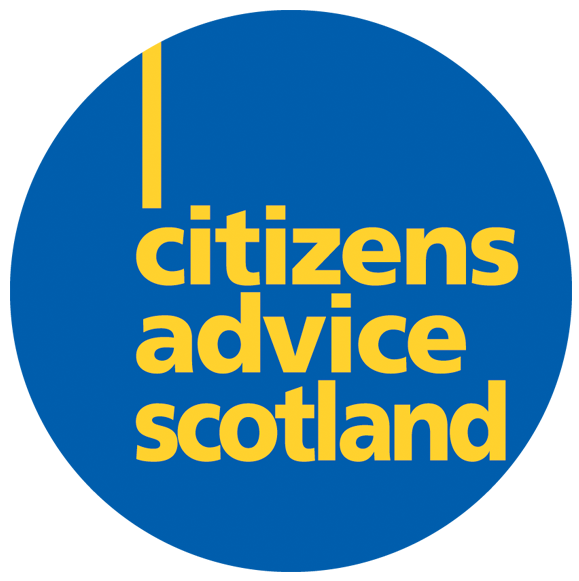CAS: Demand for advice on crisis grants up by 53%

People across Scotland are at a ‘crisis point’ Citizens Advice Scotland has warned, as it published new figures showing surging demand for advice around crisis grants from the Scottish Welfare Fund.
Crisis grants are payments provided by local authorities to help people cover the cost of an emergency. Examples of an emergency include needing help to cover food or energy bills, a loss of income through unforeseen circumstances like a job loss or transfer of benefits as well as domestic issues and unexpected expenses.
In the past year, demand for crisis grant advice from CABs has increased by 53%, with demand now 56% higher than it was prior to the Covid-19 pandemic.
The most recent data published by the Scottish Government shows that around two thirds of crisis grant applications are repeat applications.
CAS is warning this increase in demand is the impact of the cost-of-living crisis in effect, with many people having to turn to the awards because their monthly incomes.
The charity has previously highlighted the link in advice patterns around energy bills and food insecurity, as well as increasing demand for commercial credit advice, suggesting people are turning to credit cards and loans to cover essential costs.
Citizens Advice Scotland’s director of impact, David Hilferty, said: “After months of increased costs and stagnant incomes we have reached a point were for many people, being in financial crisis is the new normal. That’s fundamentally unacceptable.
“Crisis grants from the Scottish Welfare Fund can offer people a lifeline in emergency situations or facing unexpected disaster. That demand for advice around the grant has soared in the last year shows how many people are holding on by their fingertips every month.
“We need to see further support from policymakers to help them through this cost-of-living crisis. Things like a social tariff in energy would make a huge difference, meaning cheaper bills for people on lower incomes.”







